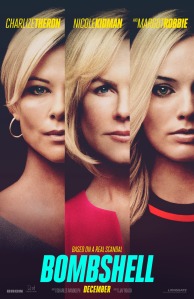
Written and directed by critically acclaimed filmmaker Terrence Malick best known for 1978’s Days of Heaven, 1998’s The Thin Red Line, and 2011’s The Tree of Life, A Hidden Life is a visually spectacular and deeply contemplative film that uses brilliant cinematography and philosophical voiceovers to tell the true life story of Franz Jägerstätter. Visualized by the sweeping bucolic mountain vistas of Austria, we first meet the farmer Franz, played by German actor August Diehl, enjoying his peaceful country life with his wife Fani, played by Austrian actress Valerie Pachner, and we see his life play out over several years as they have children. However, at the outbreak of World War II, Franz is sent away to train for the German military but is allowed to return home after several months training. Eventually, the German military is in need of new soldiers to fight so they call up Franz to swear allegiance to Hitler and become a soldier in his army. A deeply religious man, he refuses to take an oath to Hitler who goes against all of his beliefs. Because of his openly defiant disobedience, he is sent to prison until he pledges allegiance, but, after months of still not giving in, he is transferred to Berlin where he faces a death sentence for treason. At the same time, his wife and three young daughters remain in Austria where they are subjected to insults and outright rejection from the local villagers who believe Franz’s act is reprehensible. Resembling the long and arduous time that he must wait in prison for what he knows is ultimately death, the movie is effectively slow-paced and is almost three hours long, which is fairly typical for a Terrence Malick picture. This somewhat unorthodox approach allows the viewer to truly contemplate what it means to suffer for your beliefs and stand up to what is evil in the world; especially with its shots of nature and the grandeur of the mountains, the film becomes somewhat of a spiritual or religious cinematic experience. Overall, I found it to be a truly magnificent movie that reinforces the unique genius of Terrence Malick who is able to create a film that reflects on the beauty and destruction of the world through the eyes of one of the most famous World War II conscientious objectors who later became a martyr in the Catholic Church.








